“We Need Humanists Everywhere”: Minnesota Team on Building the 2023 HWW Career Diversity Workshop
Bianet Castellanos, director of the Institute for Advanced Study (IAS) and professor and chair of the Department of American Studies at the University of Minnesota (UMN), is passionate about diversifying educational experiences for graduate students. So, when the former IAS director Jennifer Gunn approached her with the opportunity to host the 2023 Humanities Without Walls (HWW) Career Diversity workshop in the Twin Cities, Castellanos immediately said yes.
“I’m really invested in thinking about how race, gender, class, and sexuality all shape our lived experiences,” Castellanos said. “We’re bringing people together from very diverse spaces, and [we’re] hosting spaces for people to have conversations and connect.”
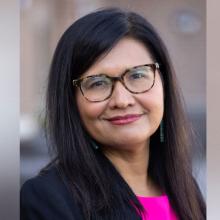
As a researcher who studies Indigenous migration, Castellanos recognized the importance of hosting the 2023 workshop in Minneapolis, three years after the murder of George Floyd.
“The future of our programming [during the workshop] is figuring out ways to have conversations that will help us move forward productively and will lead to, we hope, social transformation,” Castellanos said.
This shared vision of reciprocity and redistribution aligned with HWW’s core research methodologies and permeated every aspect of workshop planning. Maria Hofmann, who received her PhD in Germanic Studies at Minnesota in 2017, is a project manager in both UMN’s Office of Research and Graduate Programs and the Office for Diversity, Equity, and Inclusion. In her role, Maria made a conscious choice to center racial equity and justice in the call for applications.
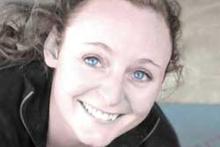
“[We recruited] a really diverse group of students to participate in a workshop, and they all talked very eloquently about their commitment to social justice in their current work,” Hofmann noted. “That includes their research, but also their professional lives apart from university work.”
When designing workshop sessions for the Fellows, the workshop team invited local community partners in the Twin Cities and from across the country to create sessions addressing diversity, equity, and inclusion, as well as sessions that highlighted the emotional realities of making career pivots. Sessions will also address job activities, rather than specific employment sectors, so Fellows can imagine utilizing skill sets across types of jobs in both nonprofit and for-profit environments.
“Research shows that students who come from typically underrepresented groups and populations actually have more interest in diverse careers and have even less information about those [careers],” Hofmann said.
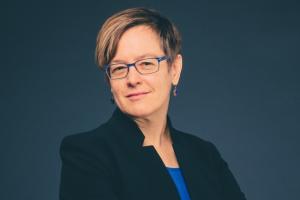
For Mackenzie Sullivan, director of Graduate Student Career Services in the College of Liberal Arts (CLA), demystifying career pathways for humanities students is both a professional mandate and a personal mission.
“I am of the opinion that we need humanists everywhere,” Sullivan said. “The idea of getting ethical decision makers out into the world is important to me.”
Sullivan’s professional background, with jobs in the nonprofit, public, and private sectors, influenced how she and the team created programming for the workshop, which has a high emphasis on co-creating partnerships and building professional networks. Both students and employers, in Sullivan’s worldview, have areas of specific expertise to contribute—and ways to learn from each other. But above all when it comes to students’ agency in shaping their own career paths, she encourages folks to act.
“You don't have to be perfect.” Sullivan said. “It frees up a lot of energy to say, ‘I'm going to try. If that doesn't work, okay, I'll do something else.’”
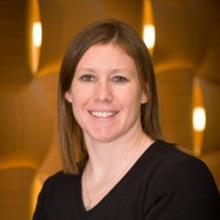
This iterative approach was evident in the brainstorming sessions for the workshop as well. Jennifer Coffman, administrative project coordinator and research specialist in CLA, mentioned that both Hofmann and Sullivan felt comfortable “bouncing ideas” off her, to see what workshop elements were possible within institutional parameters. With her extensive knowledge of UMN, Coffman, along with graduate assistant Sara Seweid-DeAngelis, provided key logistical support to the internal planning team.
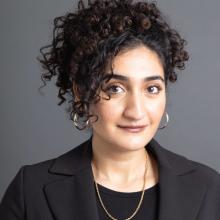
Looking ahead to the future, Castellanos and her team are thinking about the longevity of the workshop experience, and they have planted seeds for future iterations to grow at the University of Minnesota.
“We are excited to bring people to Minnesota, so we can have these conversations,” Castellanos said. “When they go off into the world, they can bear these conversations in mind. Some of these participants might end up here. We’re thinking about how we can also position ourselves as being a place that welcomes new ideas and strengthens commitments to diverse communities.”